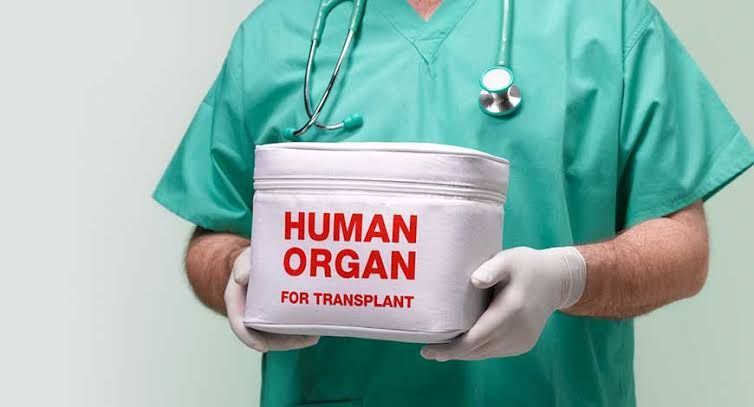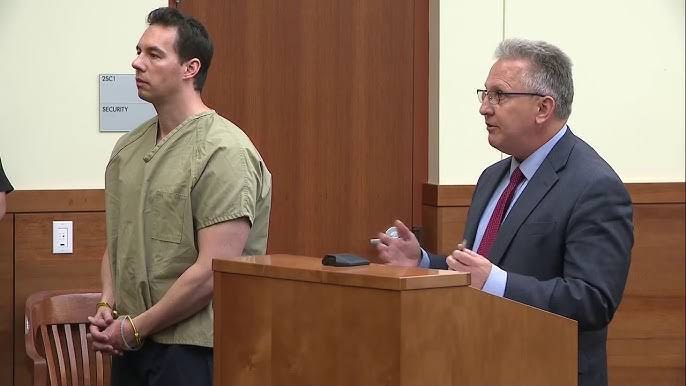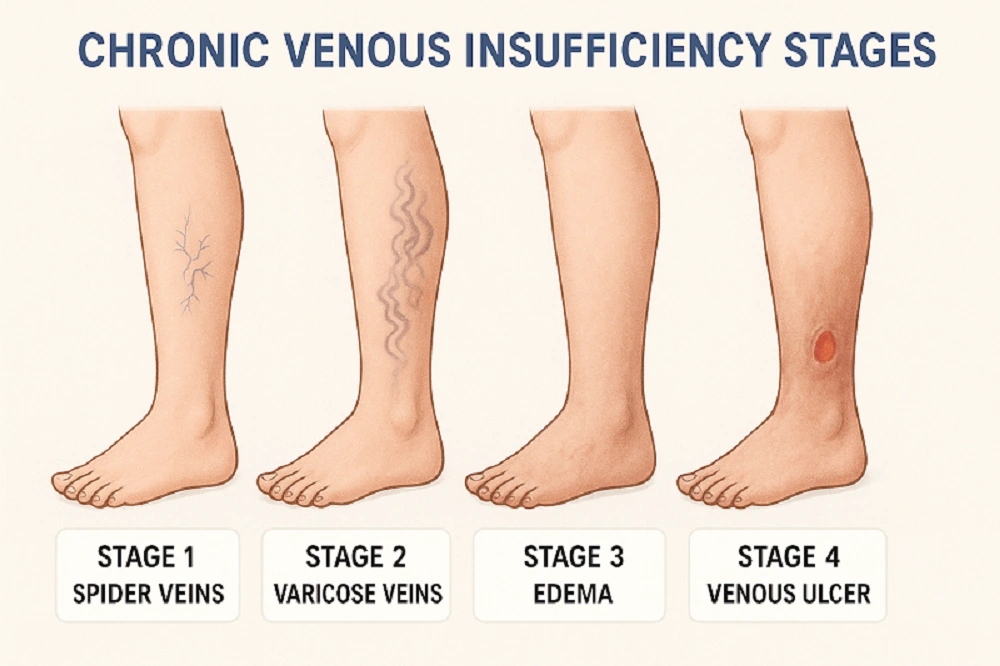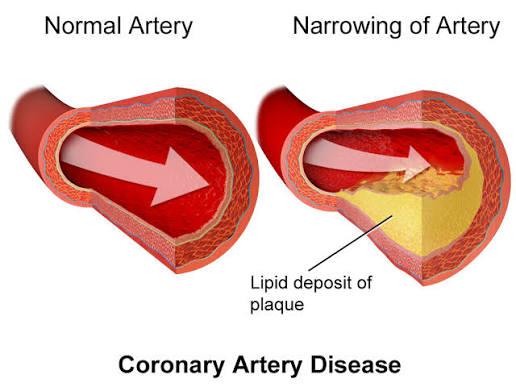
Ethical Issues of Organ Donation
Organ transplantation is a critical medical procedure that saves lives, but it raises numerous ethical issues across different types of organ donation: live related, live non-related, cadaveric, and xenotransplantation. Each category presents unique challenges that must be navigated carefully to ensure ethical integrity.
Live Related Organ Donation
Live related organ donation involves a donor who is biologically related to the recipient, such as a family member. The primary ethical concerns include:
- Informed Consent: It is crucial that donors fully understand the risks involved in donating an organ. This includes potential health complications and the psychological impact of the donation process. Ethical guidelines require that consent be obtained without coercion or undue pressure from family members.
- Exploitation Risks: There is a risk that vulnerable individuals may feel obligated to donate due to familial pressures or expectations. This can lead to ethical dilemmas regarding autonomy and voluntary consent.
- Equity and Fairness: The allocation of organs from live related donors can create disparities in access for those who do not have suitable relatives willing to donate, raising questions about fairness in the transplant system.
- Psychological Impact: Donors may experience emotional distress post-donation, including feelings of regret or anxiety about their health status after surgery.
Live Non-Related Organ Donation
Live non-related organ donation involves individuals who are not biologically related but choose to donate an organ altruistically or for compensation (in some jurisdictions). Ethical issues include:
- Altruism vs. Commercialization: While altruistic donations are encouraged, there is concern over commodifying human organs if financial incentives are introduced. This could lead to exploitation of vulnerable populations who may feel compelled to sell their organs out of economic necessity.
- Informed Consent and Coercion: Similar to live related donations, ensuring informed consent without coercion is vital. Non-related donors may face societal pressures or emotional manipulation from recipients or their families.
- Impact on Relationships: The act of donating an organ can strain relationships between the donor and recipient if expectations are not met post-transplant.
- Long-term Health Risks: Donors must be made aware of potential long-term health consequences associated with living donation, which could affect their quality of life.
Cadaveric Organ Donation
Cadaveric organ donation refers to obtaining organs from deceased individuals. Ethical considerations include:
- Consent and Autonomy: Obtaining consent from deceased individuals poses challenges since they cannot express their wishes posthumously unless they have previously registered as donors or communicated their wishes clearly while alive.
- Family Decision-Making: In cases where individuals did not register as donors, families often make decisions on behalf of the deceased, which can lead to conflicts between family members’ beliefs and the deceased’s wishes.
- Allocation Fairness: The criteria used for allocating donated organs can raise ethical questions about equity—who receives priority based on medical need versus other factors like age or lifestyle choices?
- Cultural Sensitivity: Different cultures have varying beliefs about death and body integrity, which must be respected in the context of cadaveric donations.
- Post-Mortem Examination Concerns: There may be ethical concerns regarding how bodies are treated after death when organs are harvested, particularly regarding respect for the deceased’s body according to cultural norms.
Xenotransplantation
Xenotransplantation involves transplanting organs from one species (often pigs) into humans. Ethical issues surrounding this practice include:
- Animal Rights and Welfare: The use of animals for organ harvesting raises significant ethical concerns regarding animal rights and welfare standards during breeding and harvesting processes.
- Risk of Zoonotic Infections: There is a potential risk for cross-species infections (zoonoses), which could pose public health threats if pathogens transfer from animals to humans during transplantation procedures.
- Informed Consent Risks: Patients undergoing xenotransplantation must be thoroughly informed about the experimental nature of these procedures and potential unknown long-term effects on their health.
- Regulatory Oversight: Ensuring adequate regulatory frameworks exist for xenotransplantation practices is essential for maintaining ethical standards in research and clinical applications.
- Public Perception and Acceptance: Ethical considerations also extend to how society views xenotransplantation; public acceptance varies widely based on cultural beliefs about animal-human hybrids and genetic manipulation.
In conclusion, each type of organ donation presents distinct ethical challenges that require careful consideration by healthcare providers, policymakers, patients, and society at large to ensure that practices align with moral principles such as respect for persons, justice, beneficence, and non-maleficence.
Legal Issues Relating to Organ Donation
Organ donation is a complex area of law that encompasses various legal issues across different types of donation, including living donations, deceased donations, and the ethical implications surrounding organ commerce. Below are the primary legal issues associated with each type of organ donation.
1. Living Organ Donation
Living organ donation involves individuals donating an organ or part of an organ while they are still alive. The legal issues surrounding living donations include:
- Informed Consent: It is crucial that donors provide informed consent, meaning they fully understand the risks and benefits involved in the procedure. Legal frameworks require that potential donors receive comprehensive information about the medical procedures, potential complications, and long-term health impacts.
- Coercion and Exploitation: There are concerns regarding coercion, especially when donors come from economically disadvantaged backgrounds. Laws must ensure that no one is pressured into donating an organ due to financial incentives or familial obligations.
- Regulation of Transplant Centers: Many jurisdictions have regulations governing transplant centers to ensure ethical practices in living donations. These regulations often include oversight by ethics committees to review cases where there may be concerns about coercion or exploitation.
2. Deceased Organ Donation
Deceased organ donation occurs when organs are harvested from individuals who have been declared dead, typically following brain death or cardiac death. The legal issues here include:
- Definition of Death: Different jurisdictions may have varying definitions of death (e.g., brain death vs. cardiac death). Legal clarity on what constitutes death is essential for determining when organ donation can occur.
- Consent Mechanisms: Laws vary widely on how consent for deceased donation is obtained. Some regions operate under an “opt-in” system where explicit consent must be given by the donor or their family, while others use an “opt-out” system where all individuals are presumed donors unless they explicitly refuse.
- Family Rights vs. Donor Autonomy: In many jurisdictions, even if a person has registered as a donor, family members may still have a say in whether organs can be donated after death. This raises legal questions about the rights of families versus the autonomy of individuals who wish to donate.
3. Organ Commerce and Trafficking
The sale of organs for transplantation raises significant legal and ethical issues:
- Legislation Against Sale: Many countries have laws prohibiting the sale of organs to prevent exploitation and trafficking. Violations can lead to severe penalties for both sellers and buyers.
- International Regulations: The global nature of organ trafficking necessitates international cooperation in enforcing laws against illegal trade in human organs. Various international bodies advocate for stricter regulations and monitoring systems to combat this issue.
- Ethical Considerations: The ethics surrounding organ commerce involve debates about whether compensating living donors could alleviate shortages without leading to exploitation. Legal frameworks must navigate these ethical dilemmas while ensuring protections for vulnerable populations.
4. Regulatory Frameworks
Various laws govern organ donation at national and state levels:
- Uniform Anatomical Gift Act (UAGA): In the United States, this act provides a legal framework for anatomical gifts (organ donations) from deceased individuals and emphasizes individual autonomy in making such decisions without requiring family consent.
- Transplantation Laws in India: The Transplantation of Human Organs Act (THO) regulates organ transplantation in India but has faced challenges related to implementation and enforcement against illegal practices like organ trafficking.
- International Guidelines: Organizations such as the World Health Organization (WHO) provide guidelines aimed at promoting ethical practices in organ donation globally, addressing both living and deceased donations while emphasizing donor rights and protections against exploitation.
In conclusion, navigating the legal landscape surrounding all types of organ donation requires careful consideration of informed consent, regulatory compliance, ethical standards, and respect for individual autonomy while also addressing societal concerns regarding exploitation and trafficking.
Ethical Issues in Organ Donation in Limited Resource Settings
Organ donation presents significant ethical challenges, particularly in contexts where resources are limited. The disparity between the demand for organ transplants and the available supply creates a complex landscape that raises questions about fairness, justice, and the moral implications of rationing life-saving treatments.
1. Rationing and Access to Transplants
In a limited resource setting, the fundamental ethical issue revolves around how to fairly allocate scarce organs among those in need. The principle of justice demands that all individuals have equitable access to healthcare resources, including organ transplants. However, various factors can influence who gets listed for a transplant and who ultimately receives an organ. These factors may include socioeconomic status, geographic location, age, health status, and even personal characteristics such as criminal history or substance abuse issues.
The process of gaining access to transplant centers is often fraught with barriers. Many potential recipients may not be referred for evaluation due to biases or systemic inequalities within healthcare systems. For instance, individuals from lower socioeconomic backgrounds may lack access to competent primary care providers who can facilitate referrals to transplant programs. This inequity raises ethical concerns about whether all patients are being treated fairly and whether their needs are being adequately addressed.
2. Informed Consent and Autonomy
Another critical ethical consideration is informed consent regarding organ donation itself. In many cases, individuals may not fully understand the implications of organ donation or may not have had discussions with their families about their wishes regarding donation after death. This lack of communication can lead to situations where families override a deceased person’s wishes due to uncertainty or fear surrounding organ donation.
Moreover, in some cultures or communities, there may be deep-seated beliefs or misconceptions about organ donation that hinder participation rates. For example, fears about medical care being compromised if one is known to be an organ donor can deter individuals from signing donor cards or discussing their intentions with family members. This situation highlights the need for effective public education campaigns that respect cultural sensitivities while promoting awareness about the importance of organ donation.
3. Ethical Allocation Policies
The development of ethical allocation policies is crucial in addressing these challenges within limited resource settings. Policies must be transparent and based on principles such as utility (maximizing benefits), equity (fair distribution), and respect for persons (honoring individual rights). The allocation process should strive to minimize discrimination based on non-medical factors while ensuring that those most likely to benefit from transplantation receive priority.
Additionally, it is essential for policymakers to regularly review allocation practices to ensure they do not inadvertently disadvantage certain groups or perpetuate existing inequalities within healthcare systems. This ongoing evaluation helps maintain public trust in the transplantation system and encourages broader participation in organ donation initiatives.
4. Global Perspectives on Organ Donation
Different countries approach organ donation through various frameworks influenced by cultural values, legal structures, and healthcare systems. Some nations adopt opt-out systems where individuals are presumed donors unless they explicitly refuse; others rely on voluntary altruistic donations reinforced by public campaigns promoting awareness.
In low-resource settings where healthcare infrastructure is lacking, the challenge becomes even more pronounced as potential donors may die waiting for available organs due to inadequate procurement processes or insufficient medical facilities capable of performing transplants. Addressing these disparities requires international cooperation and investment in healthcare infrastructure alongside efforts to promote ethical practices in organ procurement.
In conclusion, navigating the ethical issues surrounding organ donation in limited resource settings necessitates a multifaceted approach that prioritizes fairness, informed consent, equitable access, and ongoing evaluation of allocation policies.







